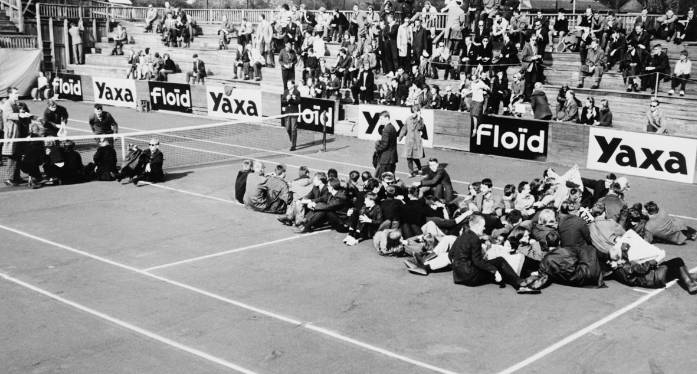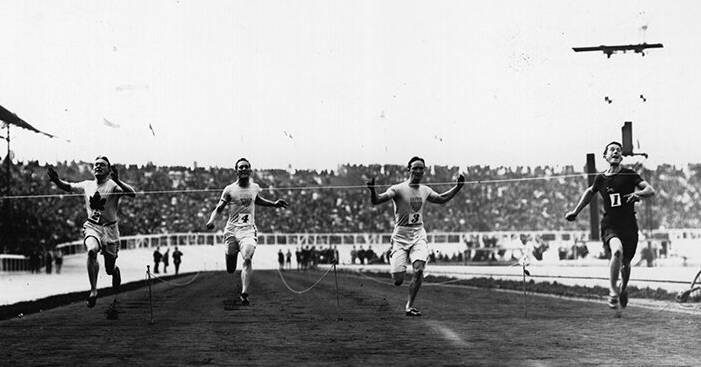
How South African athletes have survived in world sport for decades
31 years ago, on July 9, 1991, the end of the apartheid policy in South Africa was officially announced. Because of it, for three decades the country was under the influence of various kinds of sanctions, including sports ones. Some of them, such as economic ones, were not very effective, but by the beginning of the 1990s, the country nevertheless changed its political course.
Although sports punishments were not unambiguous: they were either removed or reintroduced, and in many sports organizations and entire countries were looking for ways to continue cooperation with South Africans. “SE” tells how South Africa has survived in world sports for decades. Not for the sake of expressing sympathy for the apartheid regime, but for the sake of learning from experience. After all, athletes from this country were also, to some extent, hostages of big politics.
Mandela’s neighbor wins boycott
The first signs of racism in sports in South Africa appeared at the end of the 19th century, when black cricket players (in America – in baseball) were no longer allowed to play. Although officially the policy of racial segregation was proclaimed in 1948, “colored” were forbidden to play for the national team. After that, South Africa participated in the Olympics and in all international competitions, but a protest movement grew domestically and around the world (largely thanks to the efforts of the left).
Its most famous representative was the journalist, poet and educator Dennis Brutus, who sought meetings with the leadership of the IOC, but ended up in prison. A man has an amazing story: it seems that all the peoples of the world from the Hottentots to the Malays and Europeans were in his family, but he was declared “colored”. After being imprisoned in 1960, he fled to Mozambique, but there Brutus was captured by the Portuguese secret police and extradited to his homeland. As a result, he was imprisoned in the cells adjacent to Nelson Mandela on Robben Island, and a few years later he was squeezed out of the country. But the efforts of the activist were not in vain – in 1964, South Africa was not allowed to participate in the Olympic Games.
In tennis, it came to a fight at the Davis Cup

In parallel, a boycott in football developed – in 1961, the South Africans were expelled from FIFA, but the president of the organization, Stanley Rose, offered an original way out of the situation – for the 1966 World Cup, in the event of qualification, South Africa sends a team of whites, and in 1970 – only from blacks. The authorities refused the proposal, and then the country was completely excommunicated from football.
Things were interesting in tennis. The South Africans stayed there, even in the Davis Cup, but the team was transferred from Africa to the Americas zone. In 1978, South Africa fell to play with the US team, and everything came to a massacre right on the court – during the match, anti-apartheid protesters ran onto the site, and the head coach of the American team, Tony Trabert, prescribed two of them with a racket. The Washington Post article describes what happened in juicy detail.
But the most ambiguous situation has developed in rugby and cricket, sports where South Africa is traditionally strong. South African rugby players, where only whites were also allowed to play, were visited by the best teams in the world – France, England, New Zealand, and although this was constantly accompanied by scandals in the press and boycotts of individual players, the practice continued until the mid-1980s, until finally South Africa was removed from the World Cup. After winning the 1995 home tournament, the first big event since the new policy was announced, local federation president and oligarch Louis Lyaut said that “others were just afraid of our victories.”
In cricket, India and Pakistan became the culprits of the boycott, especially zealously defending the rights of the colored races. In 1968, Basil d’Oliveira, a South African of Portuguese and Indian roots, was supposed to come to South Africa and play for the England team.
After long attempts to get him out of the national team, criticism in the press, attempts to bribe with the participation of South African tobacco companies (there was an offer to take a post in one of them with a solid salary of 4 thousand pounds a month), the English tour had to be canceled – d’Oliveira played perfectly and from refused temptations. And according to the rules of the sports authorities of South Africa, teams with players of colored races could not play on its territory. In order to allow the rugby players to perform, they even had to resort to an amazing trick – the Maori and Samoans were called “honorary whites”, and the New Zealand team successfully toured South Africa for another 12 years. Some players and athletes from South Africa, on the contrary, changed their citizenship in order to participate in international competitions.
